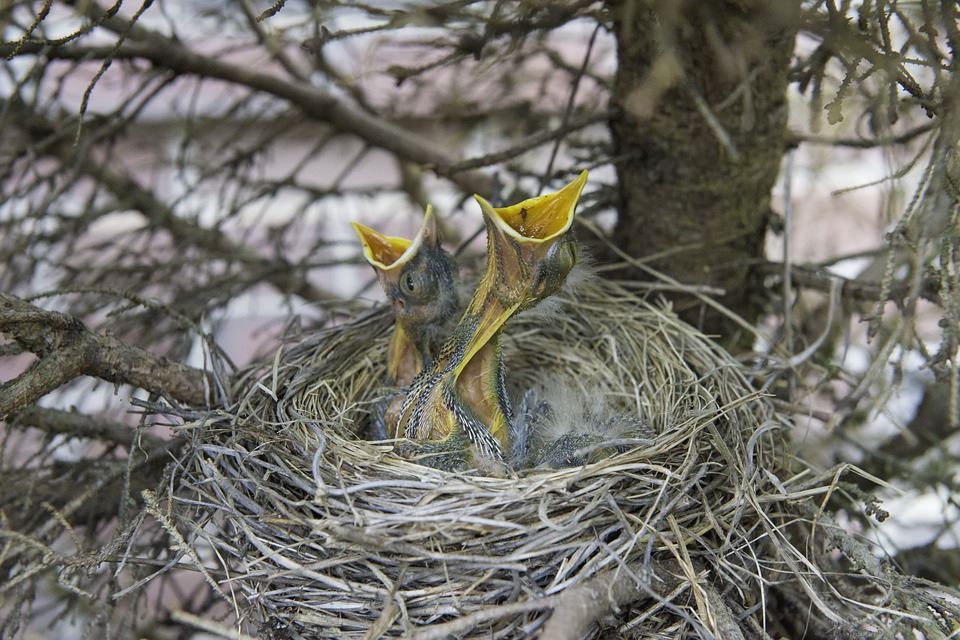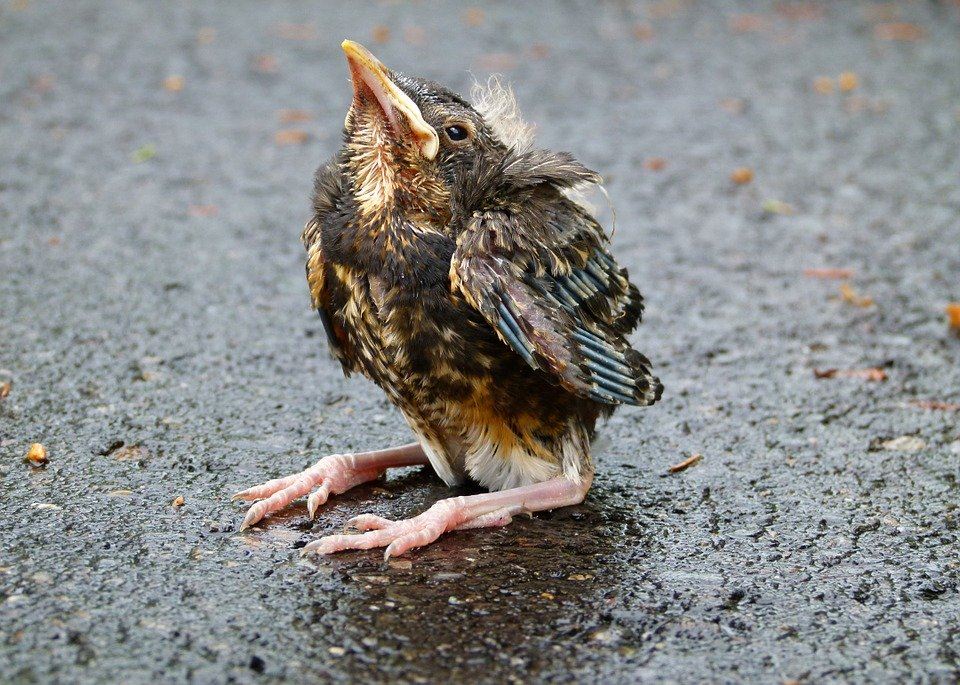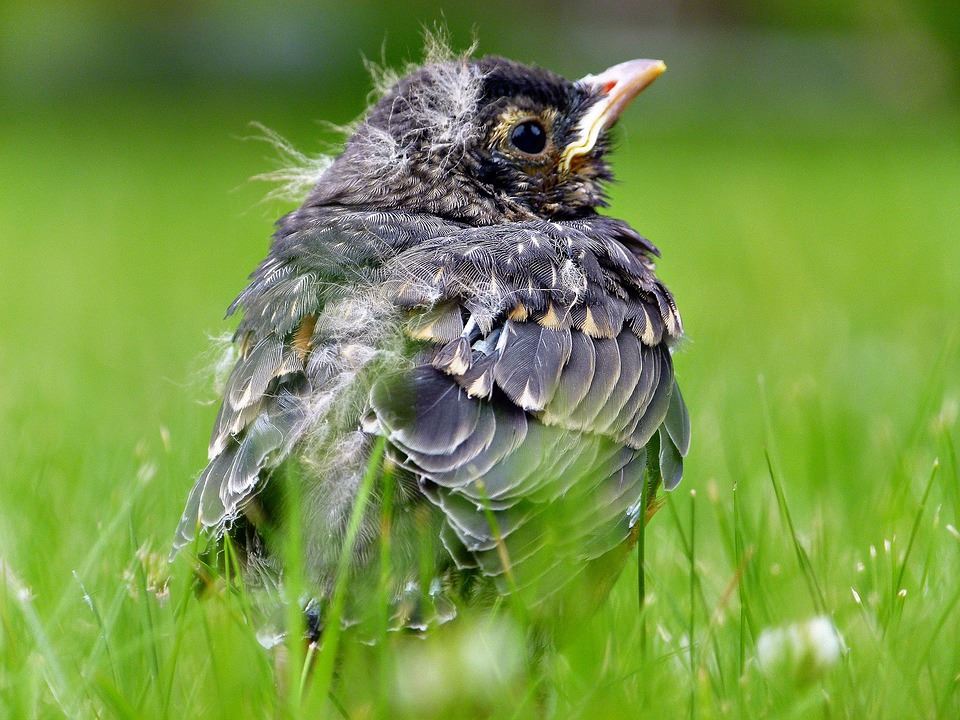TNC Account Log-In |
Injured & Orphaned Birds |
The Tenafly Nature Center does not take injured or orphaned wildlife!
An animal’s best chance of survival is in the care of its own mother. |
Have you found a baby bird out of the nest?
How to Transport a Rescued Animal to the Wildlife Rehabilitator:
The advice expressed on this page is to be utilized at your own discretion. Laws regarding wildlife may differ between counties. |
Local Wildlife Rehabilitators Accepting Birds
The Raptor Trust
908-647-2353
1390 White Bridge Rd. Millington
theraptortrust.org
Avian Wildlife Center Complete list of Wildlife Rehabilitators |



